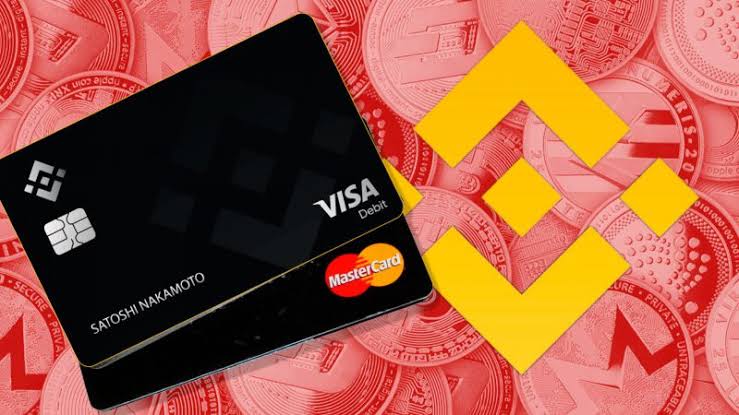Mastercard will end its relationship with Binance, the biggest cryptocurrency exchange in the world, by the end of next month.
The four-year partnership, which gave Binance users in Argentina, Brazil, Columbia, and Bahrain access to services, will stop on September 22, a MasterCard spokesperson said in an email on the same day. Mastercard’s other crypto card programmes will not be affected by this move, and cardholders will have time to convert any holdings in their Binance wallets.
Even though the news story didn’t say why this change was made, it hinted that it might be because regulators are paying more attention to the troubled crypto exchange.
Mastercard isn’t the only company separating itself from Binance over regulatory difficulties, as reports indicate. Binance said that Visa stopped issuing new co-branded cards with Binance in Europe in July.
Read also: Airtel, Mastercard provide mobile money transfers in Africa
The crypto cards from Binance and MasterCard
Mastercard and Binance’s prepaid crypto cards let users pay for things in local fiat currencies using their crypto stocks on the exchange.
This collaboration ended about a year after the two businesses teamed up to introduce an Argentinean prepaid card. Then, in the first month of 2023, the companies added a prepaid card in Latin America to the relationship.
But, sadly, it all had to end because Binance had to deal with more legal problems worldwide. Mastercard has confirmed through a spokesperson that the end of its relationship with Binance will not affect any of its other crypto card programmes. On its website, the payment platform still shows partnerships with Gemini and other crypto exchanges.
Problems with Binance
We told you last week that Binance Connect, the regulated part of the world’s biggest exchange that lets people buy and sell cryptocurrencies, would be shutting down. A spokesperson for Binance said that the decision to shut down Binance Connect was made after a regular review of the company’s goods and services.
Binance Connect lets businesses accept crypto payments, and a week later, the company’s customer service team announced on X (formerly Twitter) that its crypto-backed debit card would no longer be available in Latin America and the Middle East.
Binance has had a rough year because of legal and government problems. In June, the US government accused the cryptocurrency exchange and its CEO, Changpeng Zhao, of a “web of deception.
The US Commodity Futures Trading Commission sued Binance for not registering with the government. The US Department of Justice is investigating whether Binance broke sanctions by letting Russians use the exchange.




